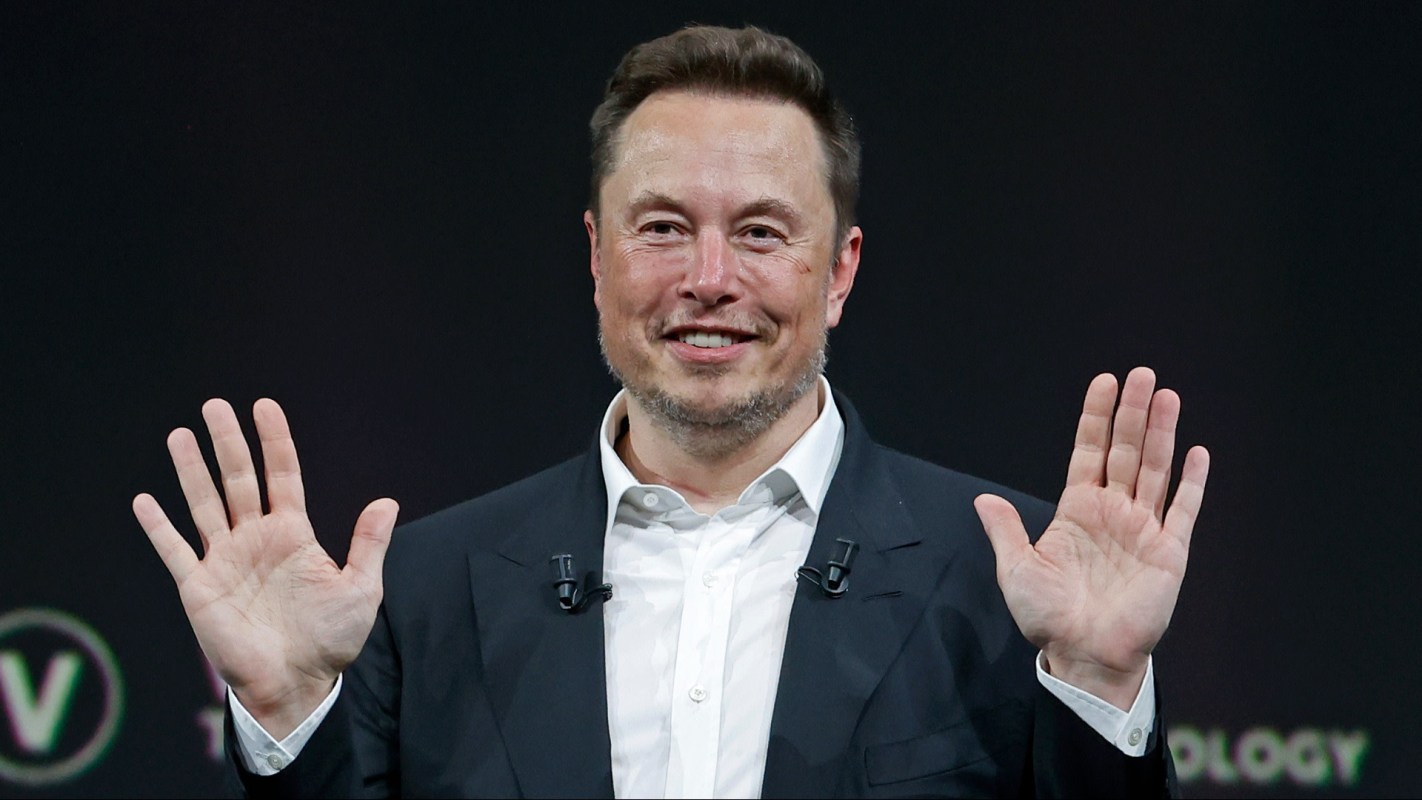Elon Musk has made another claim about the ascendance of Tesla's self-driving feature, stating on X, formerly known as Twitter, that the electric vehicle manufacturer has produced cars with "a mind."
"I think we may have figured out some aspects of AGI," he wrote in response to a post about Tesla's full self-driving capability in San Francisco. "The car has a mind. Not an enormous mind, but a mind nonetheless."
In this response, Musk was referring to the concept of artificial general intelligence, which is essentially building artificial intelligence systems to learn and perform as well as or better than humans.
On Aug. 6, X user Whole Mars Catalog (@WholeMarsBlog) wrote: "When @elonmusk first said that FSD would work even in San Francisco, I didn't believe him. Now my Tesla drives me around San Francisco routinely with just computer vision. That's an astounding achievement."
AGI is not a reality yet, but the possibility it will arrive sooner than later has become a popular debate this year, with the debut of programs such as ChatGPT and other AI chatbots.
"True AGI should be capable of executing human-level tasks and abilities that no existing computer can achieve," TechTarget stated. "Today, AI can perform many tasks but not at the level of success that would categorize them as human or general intelligence."
Some experts predict AGI could arrive within the decade, and — according to one analysis — the majority of experts in major surveys expect it will happen before 2060.
"Musk has said that he believes Tesla might play a role in achieving AGI through its self-driving program," Electrek reported.
"Full self-driving" is a misnomer, however, as it requires the assistance of a licensed driver for supervision and intervention.
"The tech enables Teslas to automatically change lanes, enter and exit highways, recognize stop signs and traffic lights, and park," Business Insider reported.
About 400,000 Teslas have FSD, reported Business Insider.
"The automaker's goal in expanding the number of cars that use the controversial software is a pure play at increasing the amount of data those cars collect of real-world driving environments," TechCrunch reported in July.
"Musk touched on the importance of having vast amounts of video data to train FSD in order to eventually achieve full autonomy. Today, the automaker has accumulated 300 million miles driven in FSD, a number that Musk said 'will seem extremely small very soon.'"
Despite Musk's assertions and the fanaticism of some Tesla devotees, the company has been beset by problems. As Business Insider noted, FSD has had problems with routine driving, and Tesla has been investigated for autopilot and phantom braking issues with its vehicles.
Early this year, more than 360,000 Teslas were recalled because regulators found FSD could cause crashes at intersections.
"Musk has repeatedly promised that Tesla would achieve full autonomy by such-and-such date and has repeatedly passed those dates with a partially autonomous product," TechCrunch reported.
As for Musk's latest claim, many X users celebrated, while others pushed back.
"In that case will FSD start punishing bad driving behaviors 🙂 like zapping drivers for falling asleep or driving dangerously," one user wrote.
Another noted: "It has an instinct. It only works on a wide experience. It is not learning on the go. Otherwise I would learn what is his parking place and how to go there in a deep underground parking garage."
Join our free newsletter for cool news and actionable info that makes it easy to help yourself while helping the planet.









